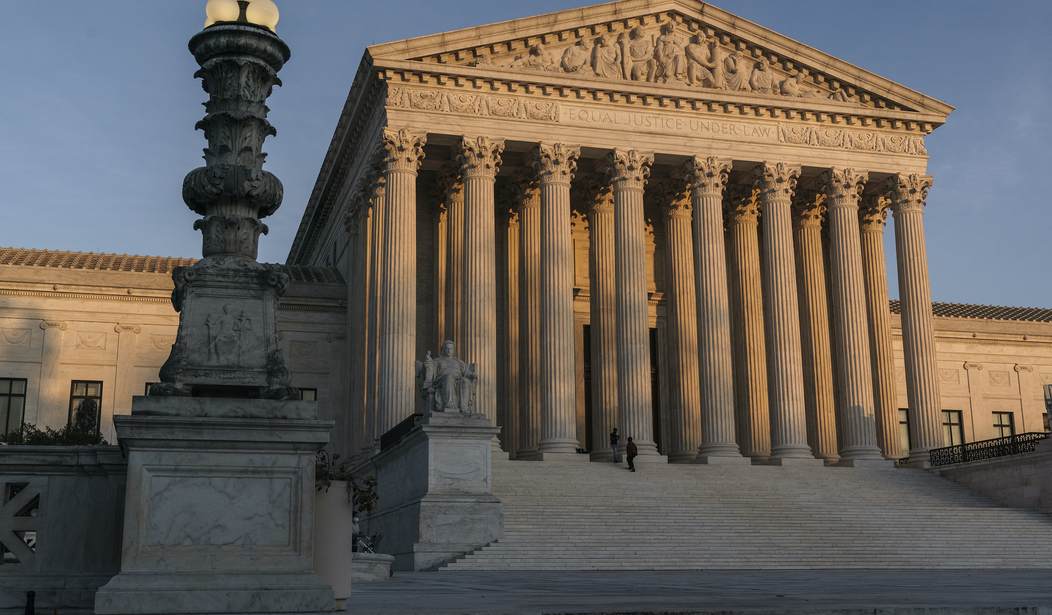We know that the Supreme Court is going to hear a challenge to New York’s “may issue” carry licensing laws this fall. We know that the Court has tweaked the question posed by the plaintiffs from one that asks broadly whether the Second Amendment protects the right to carry a firearm outside the home for self-defense to a more narrow question that will address whether the individual plaintiffs in NYSPRA v. Corlett had their rights violated with the state denied them a permit to carry.
What we don’t know, however, is what the Court is going to do with a similar case challenging the right to carry in Hawaii, where the Ninth Circuit has declared that the Second Amendment doesn’t protect a general right of the people to bear arms in self-defense. That case hasn’t arrived at SCOTUS yet, but over at Reason, law professor Josh Blackman (who’s expressed some concern over the Court’s reframing of the issue) notes that there’s reason to believe the Supreme Court might try to combine the two cases.
Will Baude wrote about the case at his excellent blog. And Will suggested that the case from Hawaii may be a better vehicle:
With these questions in view, it’s not clear to me that Cortlett is the best vehicle for considering these questions, compared to the recent Ninth Circuit decision from Hawaii. First, I’ve been told that there are some ambiguities in whether New York allows or forbids those with a carry license from carrying their firearms openly. Second and relatedly, the law of restricted gun licenses in New York is quite baroque, but it might be necessary for the Court to figure it out if the right to concealed carry depends in part on the availability of the right to open-carry. Third, New York authorities issue many carry licenses to civilians, so the regime for concealed-carry licenses is not as close to a complete or near-complete ban as Hawaii. Fourth, in New York, no state law prohibits individuals from carrying rifles and shotguns (although some cities, including New York City, restrict the practice), where Hawaii restricts both.
Now the petitioner’s lawyers are very very good, and it may well be that the Court has thought its way through these issues and they won’t be a problem. For instance, in principle the Court could just announce the test it thinks is relevant and remand for application of that test to the details of New York law. But it’s also possible that they will realize as they dig in to the case over the summer that it would have been wiser to grant the Hawaii case. Indeed, it’s not too late. When they get a cert petition from Hawaii over the summer, they might consider granting it and consolidating it with New York so that they have the option of resolving the issue in a simpler but accurate way.
I like the idea of granting the Hawaii case as well. If counsel for petitioners hustle, the case could come up for the long conference. And if there is a grant by the start of the term, both cases could be argued in January or February, with a decision by June.
Given the egregiously awful decision by the Ninth Circuit, which gave precedence to Hawaiian tribal law over the U.S. Constitution and the Bill of Rights, I have a hard time imagining SCOTUS just letting the case pass by without comment. And as Blackman and Baude both argue, the Hawaii case presents a cleaner issue for the Court. If the justices are going to wade in on the right to bear arms, why wouldn’t they include a challenge that gets to the core issues in play; whether or not the Second Amendment extends outside of the home.
As Baude notes, it won’t be until this summer before Young arrives at the Court’s doorstep, so we won’t know for several months whether or not the justices will take the case and fold it in to NYSPRA v. Corlett. It would be a great step for SCOTUS, and a sign that the Court is going to issue a substantive ruling on the subject, but for now gun owners will have to wait and see what the justices will do.









Join the conversation as a VIP Member